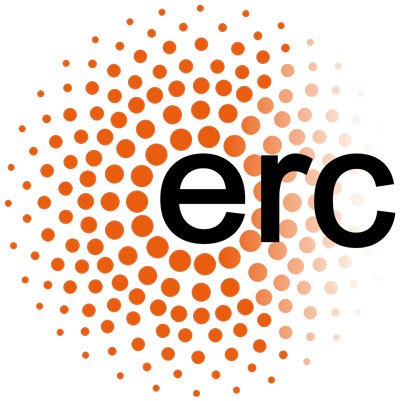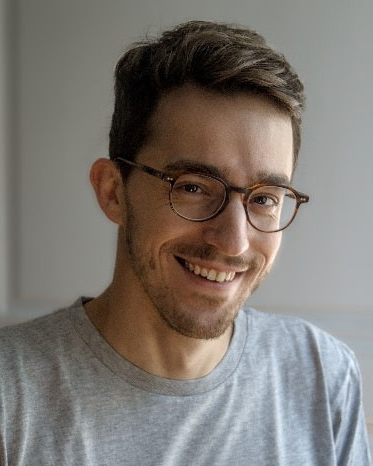
ERC Starting Grant 2023
Principal Investigator: Benjamin Wesolowski, CNRS researcher at UMPA
Project hosted by ENS de Lyon - coordinated by CNRS
Research: Algebraic groups at the heart of post-quantum cryptography
Field: Mathematics
Project
AGATHA CRYPTY - Algebraic groups at the heart of post-quantum cryptography
Contemporary public-key cryptography builds its foundations on a handful of computational problems rooted in arithmetic and geometry. The vast majority of deployed cryptosystems rely on two classical problems (computing discrete logarithms, and factoring integers) that would not resist a large-scale quantum computer. Research on quantum technology is accelerating, endangering the world's information systems. New foundations are being proposed by the cryptologic community, promising post-quantum security, but suffering in many aspects from the lack of adequate scrutiny.
Emerging post-quantum candidates can be naturally embedded into rich and modern mathematical theories. It is the case of lattice-based and isogeny-based cryptography, which share surprising connections once recast in the world of algebraic groups. Algebraic groups are at the forefront of modern mathematics. Their study across the past century has blossomed with the development of powerful theories, such as representation theory and automorphic forms. Yet, the dialogue between arithmeticians and cryptologists has been sparse, and the link between algebraic groups and the objects of post-quantum cryptography has been mostly anecdotal.
This project brings this connection to the forefront, observing that the theory of algebraic groups shines a powerful light on problems raised by lattice-based and isogeny-based cryptography. It has the unique ability to turn the set of all instances of a computational problem into one meaningful object in itself — a 'moduli space' — with an arithmetic structure, a geometry, a topology, a harmonic theory. Exposing these problems to the powerful artillery of modern arithmetic will lead to cryptanalytic breakthroughs, security proofs, and the construction of cutting-edge cryptosystems.
Duration: 5 years
ERC Starting Grants
ERC Starting Grants are designed to support excellent Principal Investigators at the career stage at which they are starting their own independent research team or programme. Principal Investigators must demonstrate the ground-breaking nature, ambition, and feasibility of their research proposal.
Starting Grants enable scientists at the start of their careers to build up their research teams around projects on ambitious, high-risk subjects, responding to innovative scientific challenges or challenges not yet addressed. These grants are aimed at young researchers who have completed their doctoral thesis between 2 and 7 years ago.
Researcher

Benjamin Wesolowski
CNRS Researcher
Pure and Applied Mathematics Unit (UMPA, CNRS/ENS de Lyon) - Number theory group






